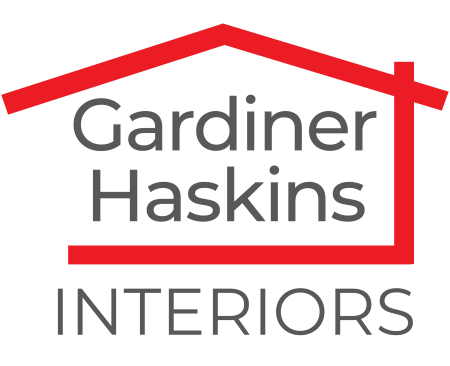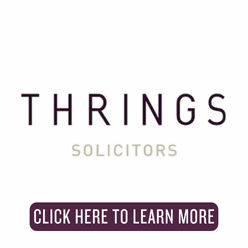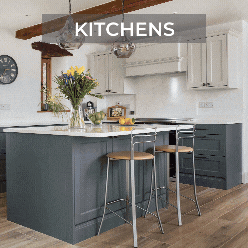In case you missed it see what’s in this section
Let's Talk
Pros and Cons of No Deposit Mortgages
A No Deposit mortgage is also sometimes referred to as a 100% mortgage, where you borrow the entire purchase price of the property and don’t put down a deposit at all. The glaringly obvious advantage is that you don’t need to have any savings for a No Deposit mortgage so it saves money up front - however, it’s a big risk to the lender so therefore it's much harder to come by.
Advantage of No Deposit Mortgages
The biggest pro for the borrower is that they don’t have to save and save for what can seem like half a lifetime to actually get a deposit together in the first place. However, there is usually some sort of catch so that the banks have something to fall back on should the property rapidly decrease in value or not receive the repayments.
Back in May 2016, Barclays announced that they would be offering a 100% mortgage and that it was prepared to lend up to five and a half times the borrowers’ income, with the maximum amount available to borrow standing at £500,000.
The product was called the Family Springboard Mortgage but applicants needed a helper - typically a family member - who were required to open a Helpful Start Account depositing 10% of the purchase price at the same time you apply. The family member will get that sum back after three years with interest (2%), as long as repayments are maintained. Provided everything proceeds smoothly for those three years, this No Deposit Mortgage product could be an excellent way for buyers to enter the property market but clearly, it requires guarantees and the support of family members.
Disadvantage of No Deposit Mortgages
Of course, there is a flip side to this. To even qualify you must have relatively well off parents able and prepared to put forward what will be a decent amount of money. Also, if you, as the borrower, suffers any kind of financial setback which then leads to problems fulfilling the repayments, the property is placed at risk. And it will be a family member who stands to be impacted financially. If you miss repayments, their money may be retained for a further period. Knowing you are ultimately responsible for what could be a sizeable chunk of your parents' money, for example, could weigh heavily on younger shoulders.
It's also likely that, because you're looking to borrow 100% of the price of the property, that your income and individual circumstances will be heavily scrutinised.
In summary...
Ultimately, the principle with a No Deposit mortgage is the same as others that require a deposit. You must be assured of meeting monthly repayments or run the risk of losing the property. It may be worth, before considering such a mortgage, to calculate whether your family member is prepared instead to lend a comparable amount of money as a deposit - funds that have been invested in the property itself rather than a bank account.
It all comes down to finding the best mortgage for you, and this isn't a process that should be rushed. Spend some time looking at a range of mortgage products and see what suits you and your circumstances best.Pros & Cons Of No Deposit Mortgages
A No Deposit mortgage is also sometimes referred to as a 100% mortgage, where you borrow the entire purchase price of the property and don’t put down a deposit at all. The glaringly obvious advantage is that you don’t need to have any savings for a No Deposit mortgage so it saves money up front - however, it’s a big risk to the lender so therefore it's much harder to come by.
Weather in Bath
Listings


















